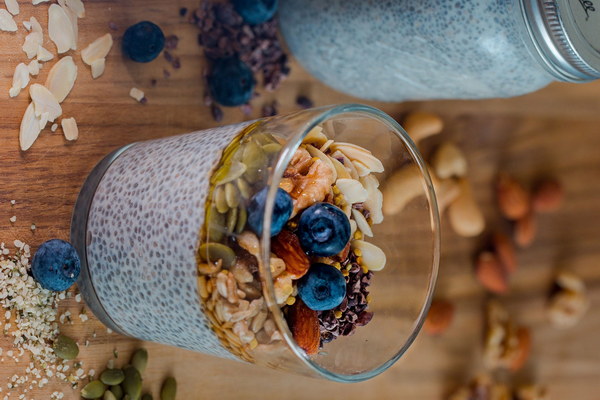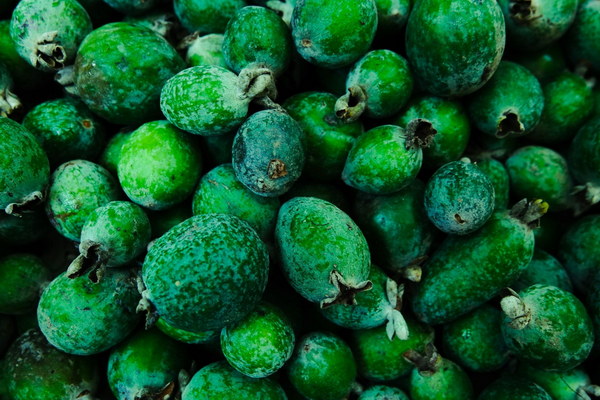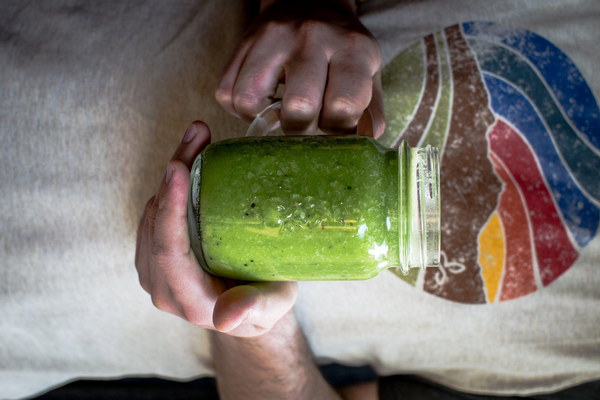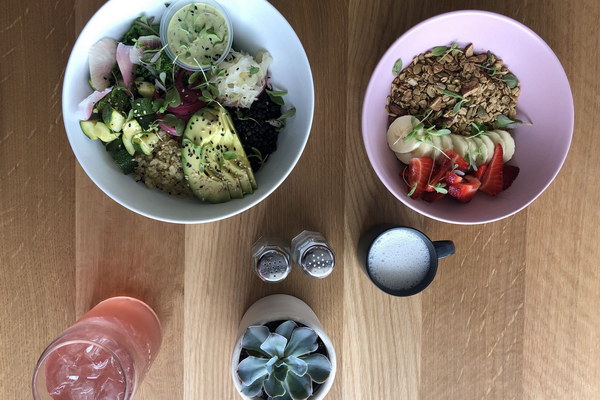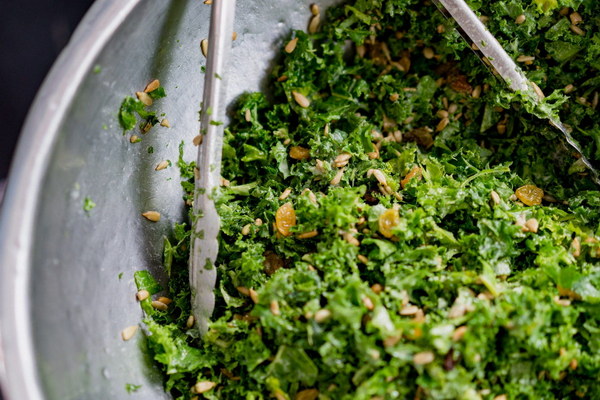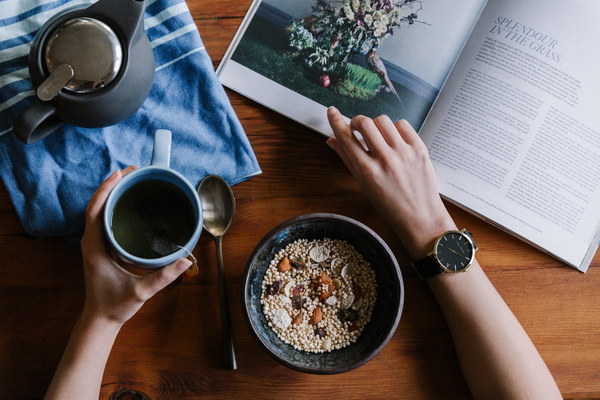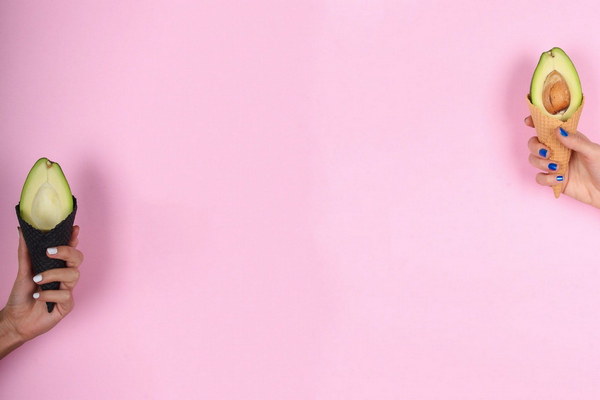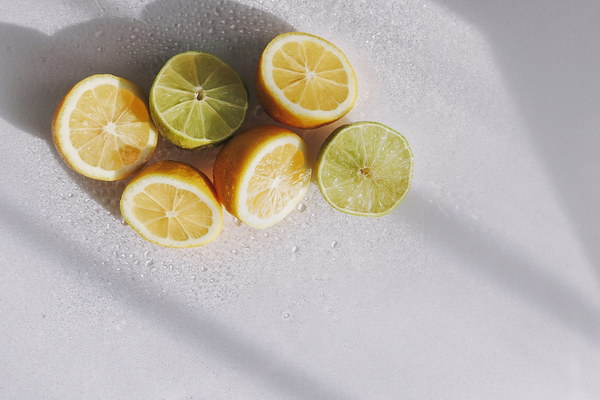Unlocking the Secrets of Guangzhou's Famous Moisture-Relieving soups A Journey into Traditional Chinese Medicine
In the heart of bustling Guangzhou, a city renowned for its vibrant culture and delectable cuisine, lies a unique culinary tradition that has been passed down through generations – Guangzhou's Moisture-Relieving soups, or Tang Qu Shi. These soups are not just a meal; they are a testament to the rich tapestry of Traditional Chinese Medicine (TCM) that has woven its way into the very fabric of life in this southern Chinese metropolis.
Guangzhou, also known as Canton, has always been a melting pot of diverse cultures, and this is reflected in its culinary landscape. However, what sets Guangzhou's Moisture-Relieving soups apart from other regional delicacies is their deep roots in TCM, which aims to maintain balance and harmony within the body by addressing the root causes of illness rather than merely treating symptoms.
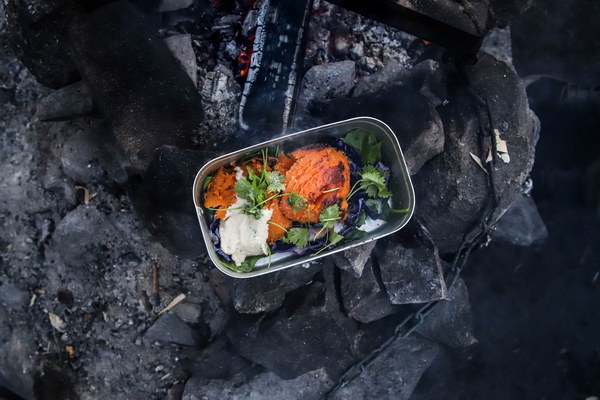
The concept of Moisture-Relieving is rooted in TCM's belief that excess Dampness within the body can lead to a host of ailments, including fatigue, body aches, and even digestive problems. Guangzhou's soups are designed to counteract this by using ingredients that are believed to help eliminate dampness, boost the immune system, and enhance overall well-being.
One of the most iconic Moisture-Relieving soups is the Bai Hua Ji Shui Tang, or White Flower Water Soup. This soup is a clear broth, often served in a delicate porcelain bowl, and is made using ingredients such as lotus seeds, white fungus, and osmanthus flowers. These natural ingredients are believed to help calm the mind, improve digestion, and nourish the kidneys, making it a favorite among locals and tourists alike.
Another classic Guangzhou soup is the Dong Gua Shui Tang, or Winter Melon Soup. This soup is a refreshing, cooling beverage that is particularly popular during the hot, humid summer months. Winter melon, a unique fruit with a waxy, white exterior, is believed to have cooling properties that can help expel dampness and relieve heat in the body. It is often combined with ingredients such as ginseng, cod liver oil, and dates to create a soothing, replenishing drink that is both delicious and beneficial.
For those who prefer a more robust broth, the Gui Pi Tang, or Cinnamon Peel Soup, is a must-try. This soup is made with cinnamon bark, which is a well-known TCM herb that is believed to warm the body, aid digestion, and eliminate dampness. The rich, aromatic broth is often garnished with slices of ginger and scallions, adding a layer of warmth and flavor to the dish.
One of the most intriguing aspects of Guangzhou's Moisture-Relieving soups is the process of making them. Many of the ingredients used are dried and require hours of soaking and preparation. The art of soup-making is a meticulous process that requires patience and skill. The resulting soups are not only nourishing but also visually stunning, with their vibrant colors and delicate textures.
In recent years, Guangzhou's Moisture-Relieving soups have gained international recognition, with more and more people seeking out these healthful and flavorful dishes. The popularity of these soups can be attributed to a growing interest in holistic health and wellness, as well as a desire for authentic, traditional cuisine.
In conclusion, Guangzhou's Moisture-Relieving soups are more than just a meal; they are a blend of culinary artistry and TCM wisdom. As you savor a bowl of these delightful soups, you are not just indulging in a delicious meal, but also experiencing a slice of the rich cultural heritage that has made Guangzhou one of the world's most vibrant and captivating cities. So, the next time you find yourself in this bustling metropolis, be sure to explore the world of Guangzhou's Moisture-Relieving soups and unlock the secrets of traditional Chinese medicine with each spoonful.
